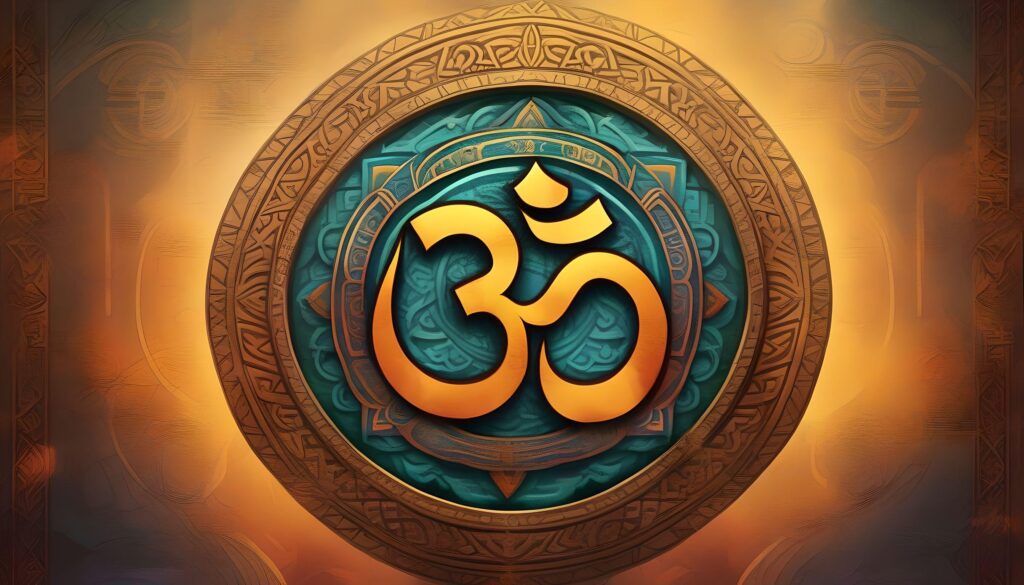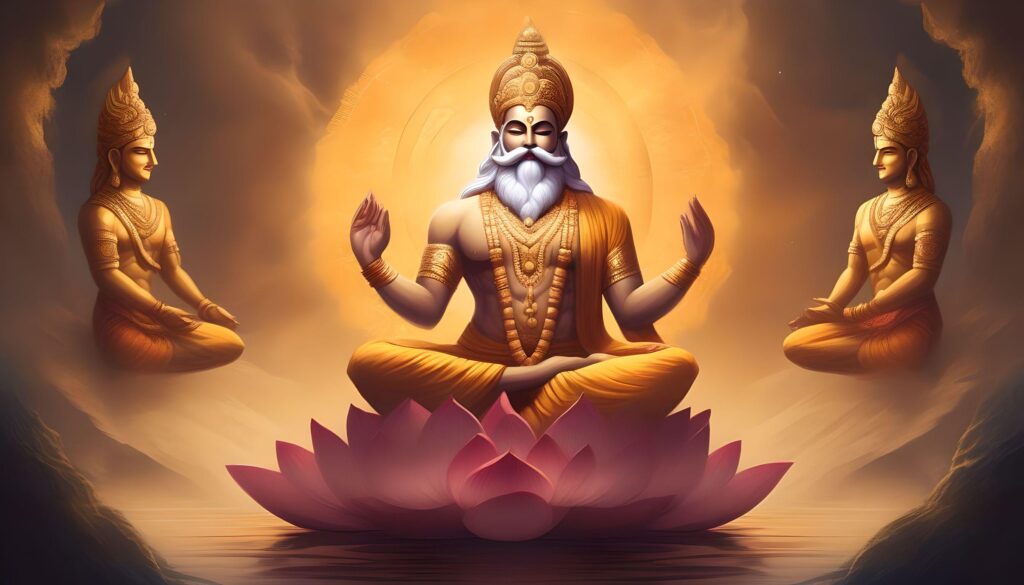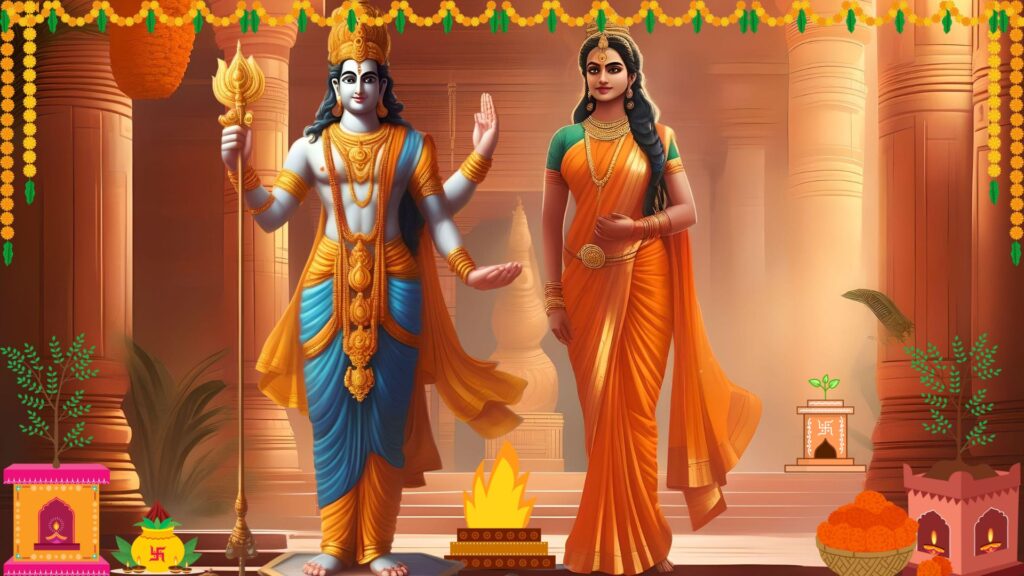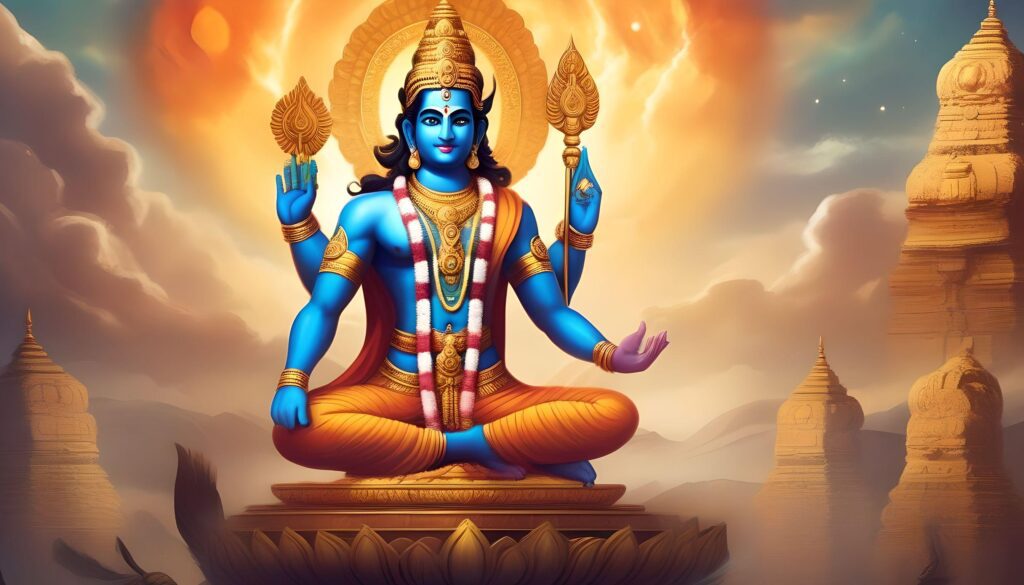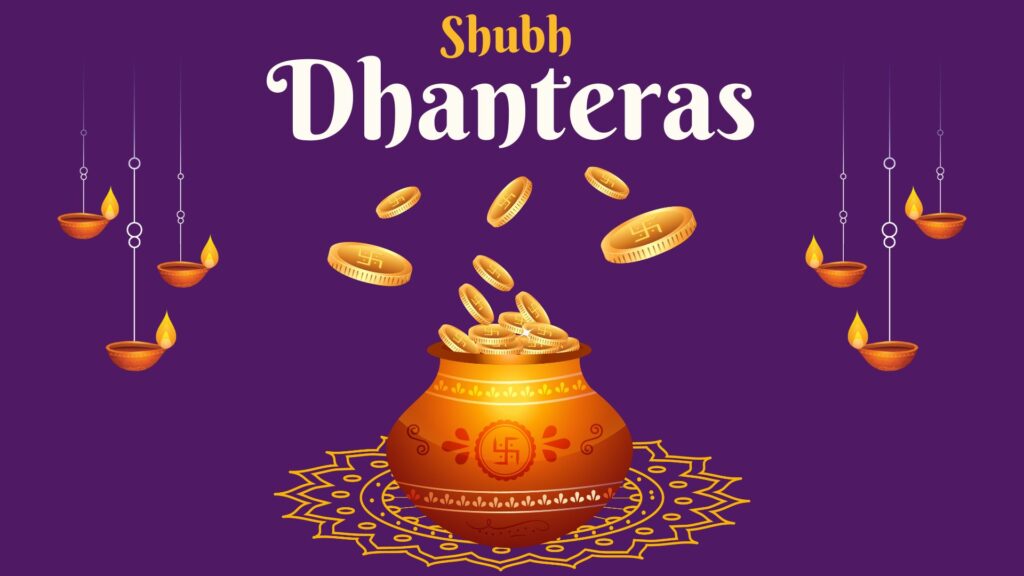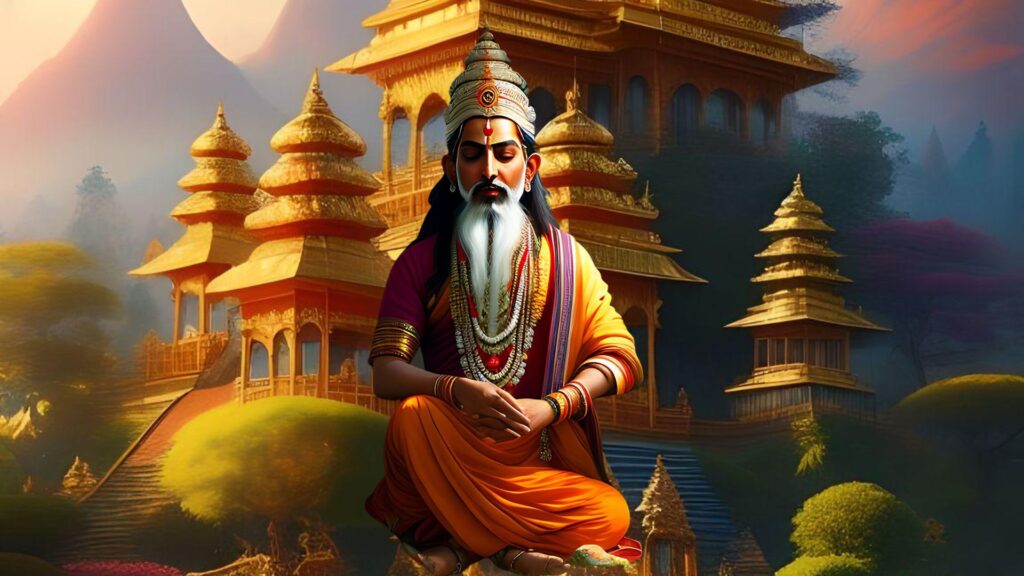Paush Purnima: A Sacred Day for Spiritual Renewal
Paush Purnima is a highly esteemed Hindu festival that occupies a central position in the Hindu calendar. This momentous occasion, observed during the full moon night of the Paush month, signifies the start of Magha, a month renowned for its conducive atmosphere towards spiritual pursuits. Devotees partake in the observance of fasting, execute worship rituals, and sing the Satyanarayan Katha. It is believed that purification of the body and mind through sacred water bathing, philanthropic giving, and Suryadev prayers absolves one of sins and facilitates salvation. By examining the customs, ceremonies, and importance of Paush Purnima, this article will illuminate this revered Hindu festival.
The Significance of Paush Purnima
Hindus attribute significant religious significance to Paush Purnima. It signifies not only the conclusion of the winter season but also the commencement of the Magha month, a period renowned for its exceptional fortune. Additionally, the esteemed Maha Kumbh Mela transpires throughout this time, which enhances the importance of Paush Purnima. Devotees hold the belief that by bathing in a sacred waterway at a Hindu pilgrimage site on this particular day, they can achieve Moksha, or salvation, and purge themselves of all transgressions. Adherence to the belief that ascending to the sun early in the morning, bathing in holy water, and reciting prayers can atone for transgressions committed in previous incarnations. The ritualistic Magh Snan also initiates upon the advent of Paush Purnima, affording devotees the chance to transcend their interior darkness and adopt enlightenment.
The Rituals of Paush Purnima
1. Bathing in Holy Water
Observing Paush Purnima’s principal ritual entails bathing in sacred lakes or rivers for purification. At sunrise, devout individuals immerse themselves in the sacred waters while presenting Argha to the sun as it rises. Body and soul purification is associated with this action, which signifies the removal of transgressions and the commencement of a spiritual rebirth.
2. Worship of Lord Shiva
Devotees engage in meditation while bathing in water to appease the Shiva Linga and imbibe its spiritual energy. In order to obtain the graces of Lord Shiva, the supreme deity symbolizing annihilation and metamorphosis, this ritual is executed.
3. Satyanarayan Katha
Devotees frequently arrange the Satyanarayan Katha, a revered narrative describing the incarnation of Lord Vishnu as Satyanarayan, on the occasion of Paush Purnima. Alongside prayers and fasting, this Katha is recited with the deepest devotion. It is believed that devotees can attain divine blessings, surmount obstacles, and achieve interior peace through the performance of this ritual.
4. Charity and Donation
The day of charity is highly esteemed during Paush Purnima. Food and other necessities are encouraged donations by devotees to those in need and less fortunate. It is deemed auspicious to present woolen garments, blankets, jaggery, and sesame seeds as gifts. It is commonly held that charitable giving bestows prosperity, favors, and the satisfaction of one’s desires.
5. Pushyabhishek Yatra
Paush Purnima is eagerly anticipated in sanctuaries throughout India that are devoted to Lord Krishna. Delightful ceremonies, including the Pushyabhishek Yatra, are conducted in reverence of Lord Krishna. Gathering to recite sacred texts such as the Ramayana and Bhagavad Gita, engage in lectures and discussions pertaining to spiritual subjects, and offer petitions are the activities of devotees.
6. Anna Daan
The Anna Daan tradition entails the provision of complimentary meals to individuals in need within temples and ashrams. Providing sustenance to those in need is regarded as a virtuous deed that bestows favors upon the benefactors.
Legends and Stories of Paush Purnima
1. The Legend of Maa Shakambhari
Mythology holds that Lady Durga’s incarnation, Maa Shakambhari Devi, appeared to restore equilibrium during a severe dearth brought about by the demon Durgam. As her one hundred eyes wept, water once more began to flow on Earth, putting an end to the drought. Through her benevolence, Maa Shakambhari regenerated desolate regions with trees and vegetation, thereby sustaining life. This narrative exemplifies the divine’s ability to bestow prosperity and deliverance.
2. The Penance of Goddess Shakambhari
An additional legend describes the penance of Goddess Shakambhari. She undertook a century of arduous penance, subsisting on vegetarian cuisine exclusively on a monthly basis. Her penance caused vegetation and trees to sprout spontaneously in a desolate region that was otherwise devoid of them. This marvel, which was witnessed by saints and sages from far and wide, was blessed by Goddess Shakambhari with vegetarian meals, which served to emphasize the significance of living a compassionate and sustainable life.
Paush Purnima Festival Dates (2021-2030)
- 2021: Thursday, 28th of January
- 2022: Monday, 17th of January
- 2023: Friday, 6th of January
- 2024: Thursday, 25th of January
- 2025: Monday, 13th of January
- 2026: Saturday, 3rd of January
- 2027: Friday, 22nd of January
- 2028: Wednesday, 12th of January
- 2029: Sunday, 31st of December
- 2030: Saturday, 19th of January
Conclusion
The sacrosanct Hindu festival of Paush Purnima signifies the start of Magha, the ideal month for spiritual endeavors. In addition to fasting and engaging in rituals, devotees also participate in the recitation of the Satyanarayan Katha. It is believed that by engaging in sacrificial giving, bathing in sacred waters, and reciting prayers to Suryadev on this day, individuals can achieve spiritual renewal and deliverance by purifying their body and mind. Legends and anecdotes pertaining to Maa Shakambhari contribute to the festivity’s significance. During Paush Purnima, devotees are afforded the chance to attain enlightenment, purify their souls, and beseech blessings in order to ensure a prosperous and gratifying existence.
#PaushPurnima #Purnima #maa #Shakambhari #Satyanarayan #Satyanarayankatha #AnnaDaan #Anna #Daan #Charity #Donation

